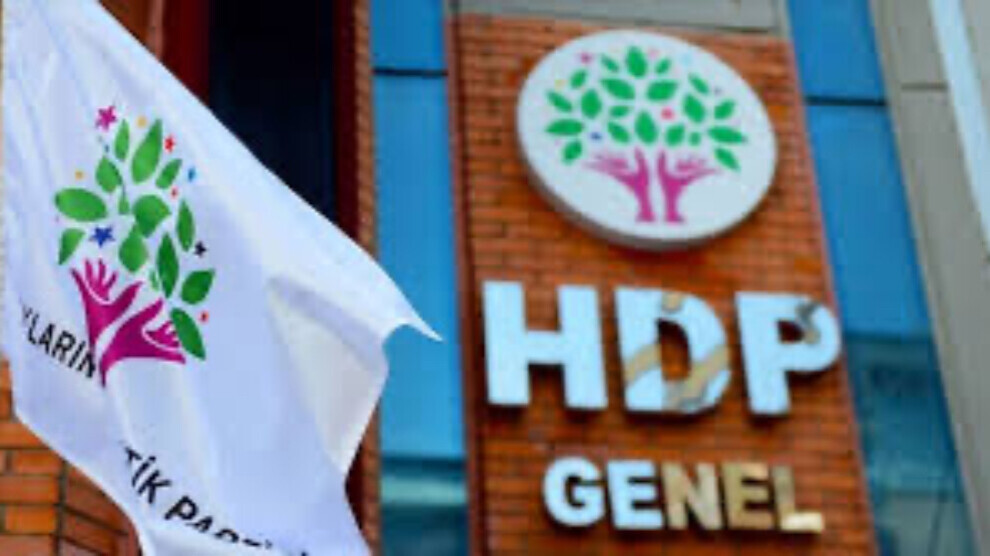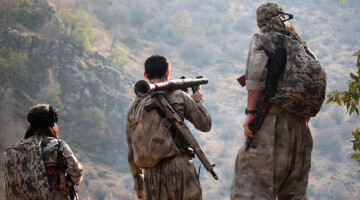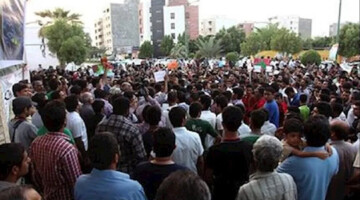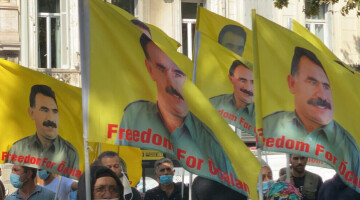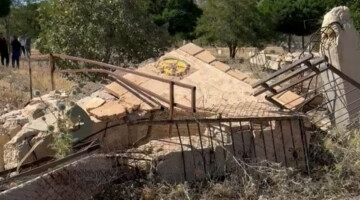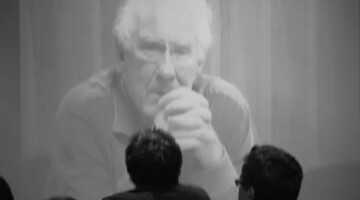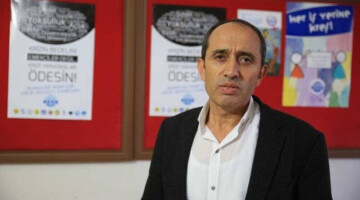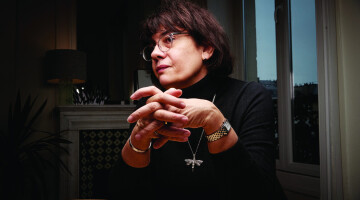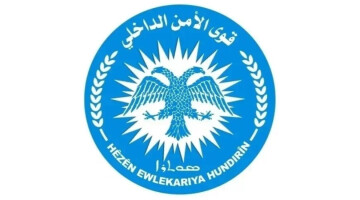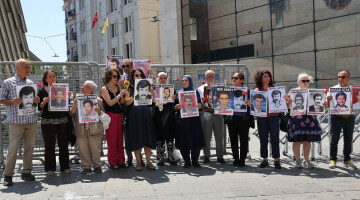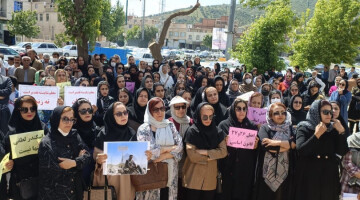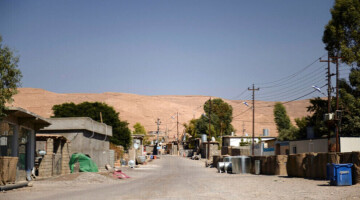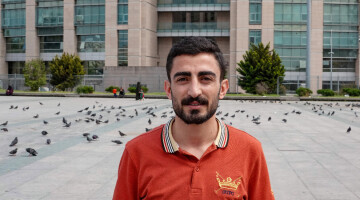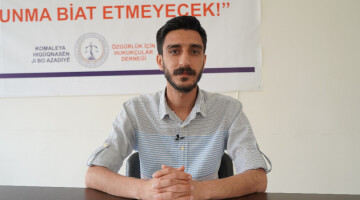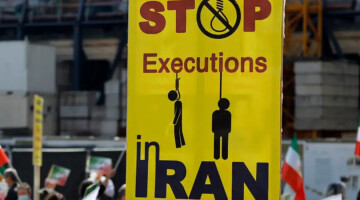The HDP’s Law and Human Rights Commission Co-Spokespersons Nuray Özdoğan and Serhat Eren released a statement marking the Convention against Torture and Other Cruel, Inhuman or Degrading Treatment or Punishment (the “Torture Convention”) which entered into force on 26 June 1987.
The written statement on Monday said:
“The Convention against Torture and Other Cruel, Inhuman or Degrading Treatment or Punishment, which is recognized by the United Nations and to which Turkey is a party, entered into force on June 26 1987, which was declared as the Day of Solidarity with the Tortured. States that recognize the Convention are responsible for waging an effective fight against all forms of torture, ill-treatment, inhuman or degrading treatment or punishment.”
The statement added: “Unfortunately, Turkey has not respected its obligations under the Convention to prevent torture and to introduce fair trials to prosecute those responsible for torture.”
The statement by Nuray Özdoğan and Serhat Eren further said:
“Torture is a crime against humanity, which does not require a complaint or reconciliation, and against which there is no statute of limitations. However, the main problem is whether the actions of public officials are defined as torture or not.
According to the 2022 statistics of the Ministry of Justice, the number of verdicts of non-prosecution during the investigation phase of torture cases and the acquittal decisions during the prosecution phase are much higher than the verdicts of conviction. These statistics and concrete cases show that the judiciary refrains from defining certain acts as torture and reduces torture crimes to minor crimes such as simple bodily harm or deprivation of liberty, leaving perpetrators unpunished. This attitude of the judiciary protecting public officials that are accused of torture encourages them to commit similar crimes. Torture is normalized, in particular by the legal decisions that protect and acquit perpetrators in trials where the victims are Kurds. Moreover, those subjected to torture and ill-treatment are subjected to unfair investigations, and members of the press who report and expose cases of torture also face detentions and arrests.
The extent of the crime of torture is quite remarkable in places of confinement. Especially in prisons, maltreatment that includes blocking access to health, disciplinary punishments, prevention of release, isolation and torture keeps increasing day by day. Prisoners are kept in solitary confinement, subjected to stand-up counts and strip-searches, and arbitrarily denied release by means of irrelevant disciplinary punishments. There has been no news for 28 months from Abdullah Öcalan in Imralı Prison, where the most absolute isolation is practiced. The European Committee for the Prevention of Torture (CPT) still has not revealed to the public its observations during a visit to the island prison on September 20-29, 2022. This state of incommunicado continues in Imrali, increasing the torture of isolation.
The prohibition of torture is the common heritage of humanity and one of the most fundamental values of democratic societies which favour rule-of law. A regime for human rights cannot prevail without the prohibition of torture and ill-treatment. Contrary to the rhetoric of “zero tolerance of torture, human rights and the rule of law”, the AKP government has left its mark with disappearances in custody, abductions, imposition of spying through pressure and threats, brutal detentions, police violence during peaceful demonstrations and official encouragement by the Minister of Interior. Torture and ill-treatment practices have spread from detention centres to the streets.
We stand by the victims so that the perpetrators of torture and persecution committed in the streets, police stations, prisons, repatriation centres should be held accountable and sentenced. Our struggle to protect the common heritage of humanity and human dignity will continue in the judicial and political spheres.”

